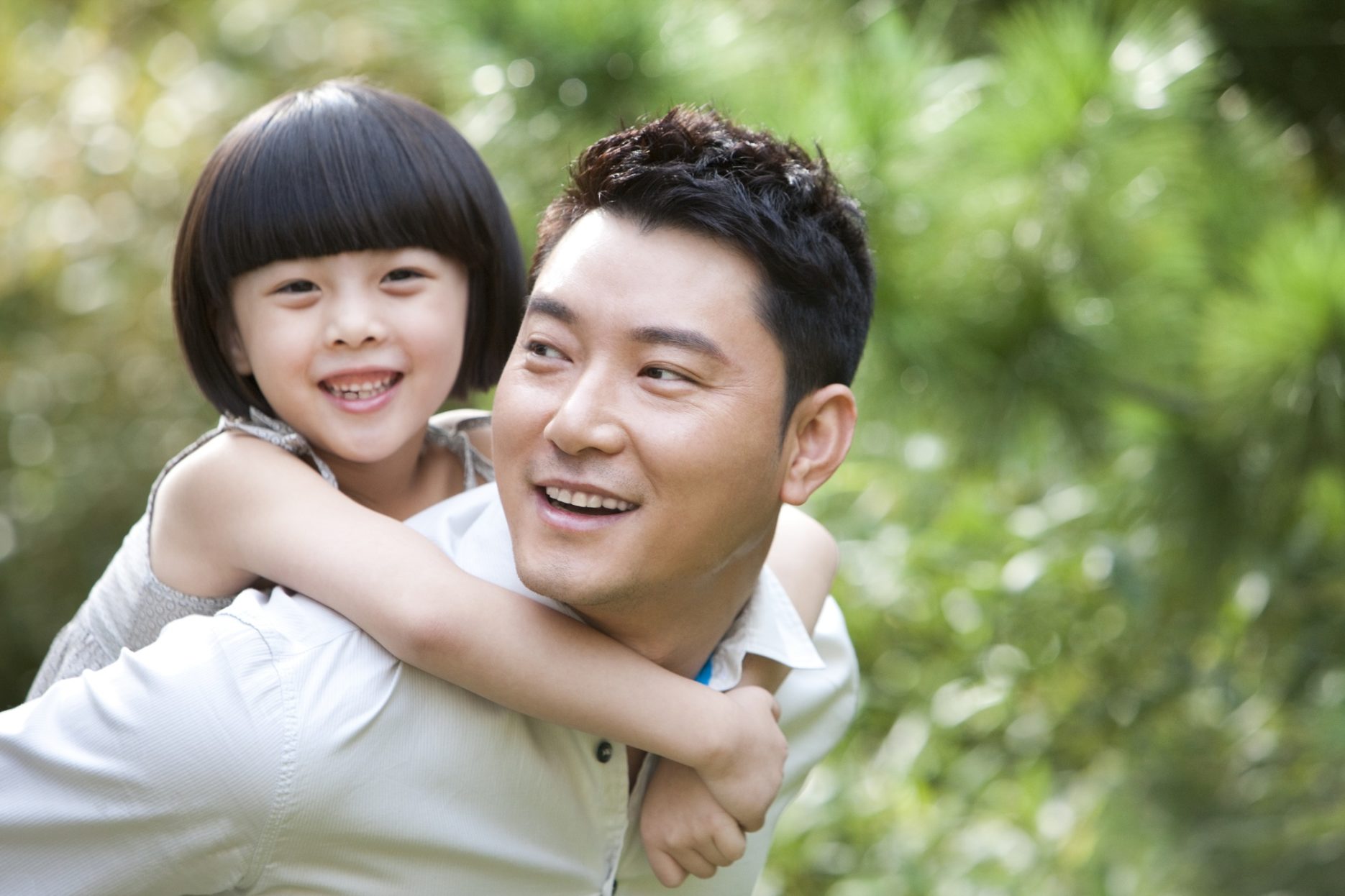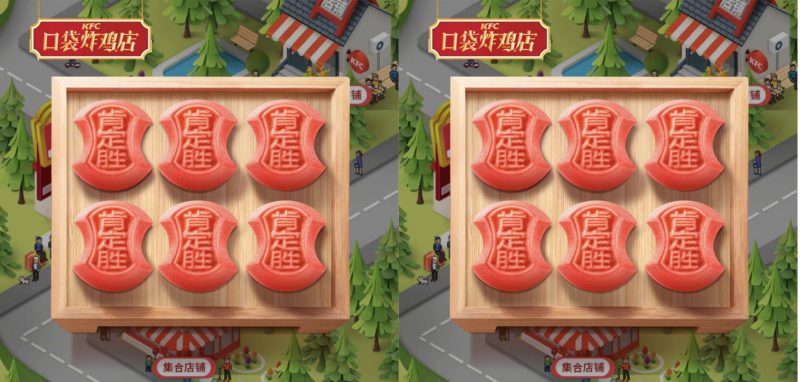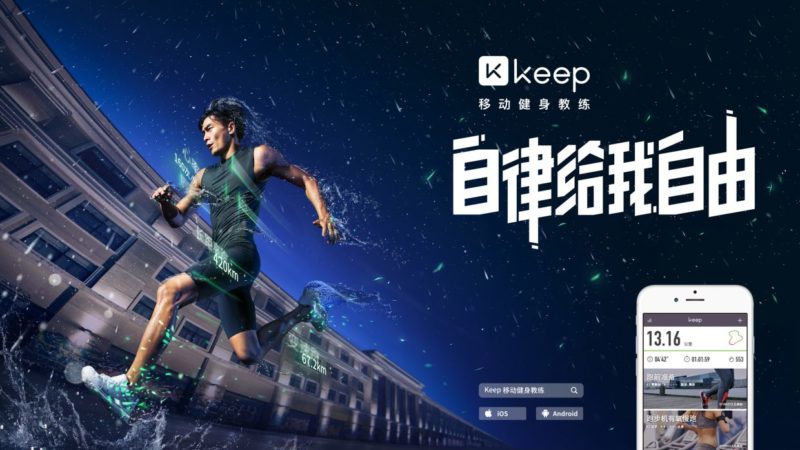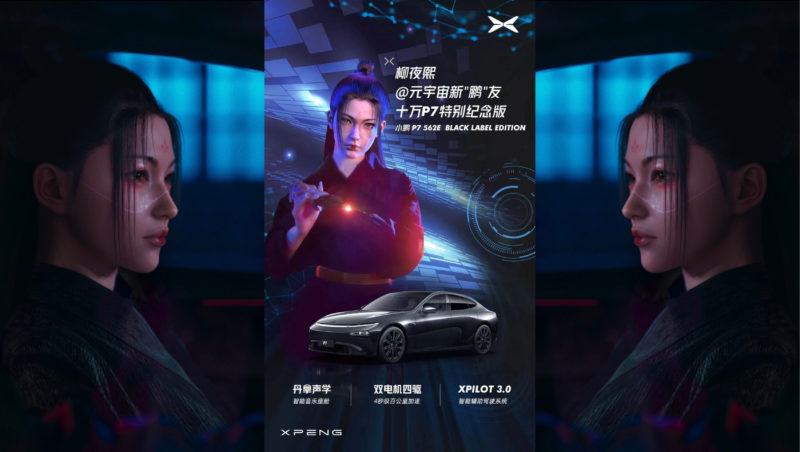Key takeaways:
- Head & Shoulders harnesses the power of pathos in China in their Father’s Day campaign to evoke a sense of nostalgia as well as protective instincts from those with father figures.
- Father’s Day in China falls right around the annual 618 shopping spree – a time when many are incentivised to purchase gifts from online e-commerce platforms as well as offline retailers.
- The campaign taps into China’s anti-hair loss market that includes not only aging fathers but also the young generations.
To this day, Head & Shoulders remains one of the most recognisable names in the shampoo aisle. In China, it’s a national bestseller. The anti-dandruff brand’s recent Father’s Day advertisement taps into paternal pathos as it portrays Chinese fathers young and old who struggle with hair loss.
Bald in the name of love
In the very first frame of the video, the audience peers into a camera viewfinder to find a father carrying his daughter up onto his shoulders. Just as they pose for a photo together, the dad grimaces in pain as the youngster playfully tugs at his hair.
The father then continues to reminisce about all the memories he has shared with his daughter over the years as she has grown up. As the daughter grows older, so does he – losing a bit of his hair at each stage until he begins to go bald. The audience becomes emotionally involved as they witness the link of his hair loss to his late-night worries, fierce protection, and selfless love for his daughter.
Not only does this video advertisement target men who experience hair loss, but it also targets children of all ages who care deeply about their father figures.
Not only does this video advertisement target men who experience hair loss, but it also targets children of all ages who care deeply about their father figures. In fact, virtually all of the posts from the Weibo hashtag #Dadsloveistoobald (which amassed a whopping 10 million views) were written by sons and daughters. These now-grown children expressed how moved they were by the advertisement as they, too, have watched as their father’s hairlines have receded over the years. Even wives expressed how touched they were by the message and proceeded to snag a bottle of shampoo for their husbands.
Leveraging hidden family dynamics
While the family is an indisputable universal value, the mighty influence of family and filial piety in China is particularly greater than that of other countries. In Chinese culture, for example, the younger generation is often expected to provide care – health, financial, or sometimes even joint housing – for their parents in their old age.
Family marketing is a recurring theme found in Chinese advertisements for this very reason. The product or service may be sold to the entire family as a shared experience that is consumed together. Alternatively, a brand may target the whole family but the product or service would be purchased by a specific member of the family. In this case, Head & Shoulders is targeting one specific member of the family – namely the children – to purchase the goods for another member of the family – their father figures.
By tapping into this “paternal pathos”, the commercial evokes an instinctual feeling within the audience to protect the men they care about most in their lives.
By tapping into this “paternal pathos”, the commercial evokes an instinctual feeling within the audience to protect the men they care about most in their lives, especially those who are aging. Head & Shoulders specifically harnesses the emotions and vulnerability of the father to imply that their shampoo can act as a shield to protect and care for the men in their lives. Ultimately, the advertising message is anchored in family values that are deeply embedded in Chinese culture.
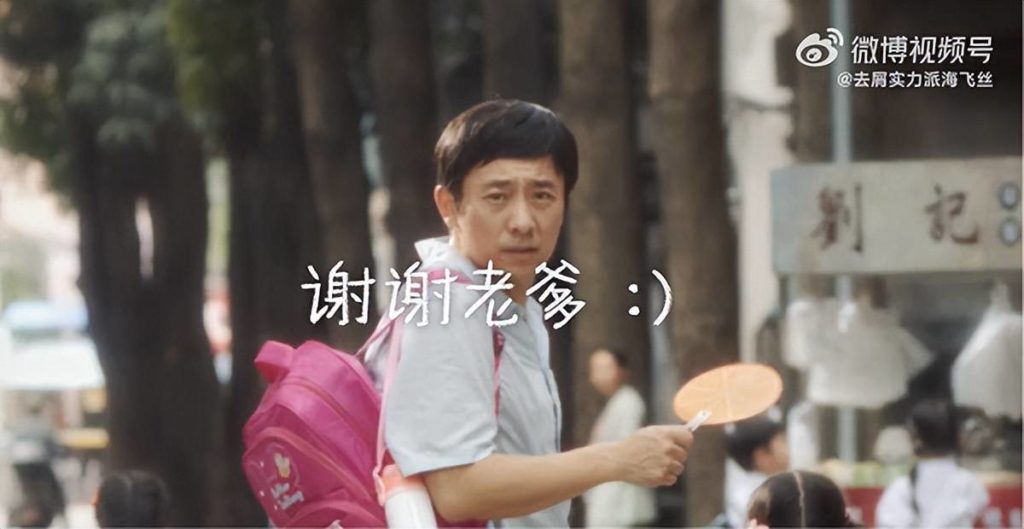
Father’s Day market opportunities in China
Even though Father’s Day is not an official holiday in mainland China, it is still celebrated in accordance with Western tradition. Most Chinese advertisements on this day are typically not as light-hearted as in the West and instead place emphasis on more sentimental stories of father-children relationships. That being said, it is intriguing how Head & Shoulders’ advertisement somehow managed to incorporate a touch of light humor while simultaneously moving its audience to tears.
As Father’s Day falls right around the annual 618 shopping spree that runs from June 1 to 18, shoppers kill two birds with one stone by purchasing gifts not only for themselves but for their old man as well. E-commerce giants like Taobao and JD.com are aware of this unofficial holiday and typically offer discounts and red envelopes in the name of the festival.
An anti-hair loss market has emerged in China that not only includes aging fathers but includes young people as well.
Even offline retailers are jumping on the trend, with consumer brands from clothing, cars, catering, and home appliance industries. Just in 2019, Chinese consumers spent an average of 2,160 RMB (322.52 USD) on gifts for dad – a 17% increase from 2018.
Interestingly enough, an anti-hair loss market has emerged in China that not only includes aging fathers but includes young people as well. In fact, according to statistics from the National Health Commission, approximately 50% of the total 250 million people currently grappling with hair loss fall between the ages of 20 and 30. It is, therefore, no surprise that hair loss products sold like hot cakes during the past 618 shopping festivals.
Ultimately, Head & Shoulders’ heartfelt Father’s Day campaign is one that pulls at the viewer’s heartstrings and even moves some to tears. It shows us that if brands wish to build strong connections with their audience, they should be able to identify and respond to the deep-seated emotional and spiritual aspects of their cultural values.




